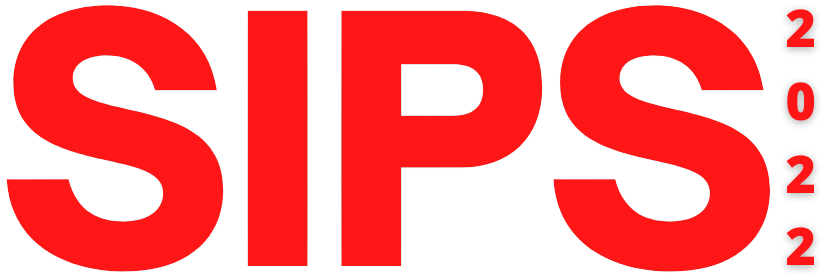
| [Solid and liquid wastes from industrial processes: Innovations in material recovery and environmental protection] Automatic Control of Recycling Technologies Automatic Control of Recycling Technologies Vladimir Vasek1; Karel Kolomaznik2; Petr Dostálek2; Dagmar Janacova1; Hana Vaskova3; 1TOMAS BATA UNIVERSITY IN ZLIN, FACULTY OF APPLIED INFORMATICS, Zlin, Czech Republic; 2TOMAS BATA UNIVERSITY IN ZLIN, Zlin, Czech Republic; 3TOMAS BATA UNIVERSITY IN ZLIN, FACULTY OF APPLIED INFORMATICS, CEBIA-TECH, Zlin, Czech Republic; PAPER: 117/Recycling/Regular (Oral) SCHEDULED: 14:00/Mon. 28 Nov. 2022/Arcadia 2 ABSTRACT: The main task of the production process, where the input material is mainly secondary raw materials, is the production of products with high utility value. Secondary raw materials, often inappropriately called wastes, are characterized by non-standard properties, especially in connection with the composition and consistency, which differ significantly from control procedures, where the starting raw material has standard properties. The design of the optimal control of a recycling technology for the processing of such raw materials must be very flexible with regard to their changing properties and often also the changing quantity of the processed material. Therefore, when designing the management of recycling technologies, we must take into account the specific requirements of the processing technology, which is often not developed or is only recently designed on the basis of various requirements arising in particular from environmental protection. We therefore face two challenges – to solve a new technology and, of course, at the same time to design an automatic control system. Due to considerable concentration of industry, large-capacity units are being built, which are managed by renovated companies that supply most of the world's software. The traffic management system, including computer equipment, is in most cases delivered "turnkey" and the software is often inaccessible to the user, who does not have the opportunity to intervene in the program, change it and possibly supplement it. However, due to the constantly changing properties and composition of the secondary raw material, recycling technologies require the active cooperation of a technologist and an expert in automatic control, who can use modern means of automatic control to solve specific situations, which are often characterized by variable parameters of the controlled object. These means include, for example, intelligent sensors, powerful means of computer technology, intelligent actuators, but also modern methodologies for the design of control algorithms based on adaptive or predictive principles, often supplemented by artificial intelligence methods.<br />Another specific feature is the fact that most recycling technologies fall into the area of small-scale production. This is due both to the nature of specific primary technologies and to economic reasons that often do not allow the central collection of secondary raw materials. Mobile units are being built that can partially solve this economic problem. Examples of control algorithm designs include total chromium recycling from solid and liquid wastes produced in tanning, modeling of an exothermic rector for the preparation of regenerated tanning salt, and design of raw leather soak control based on a distributed parameter model. References: [1] V. Vašek, D. Janáčová, K. Kolomazník, P. Doležel, P. Mokrejš Computer Control of Cured Hide Soaking, Proceedings of the 8th WSEAS International Conference on Dynamical Systems and Control, (2012) 183-186 <br />[2] J. Dolinay, P. Dostálek, ; V. Vašek Program modules for control applications of microcontrollers, Latest Trends on Systems. Volume II, (2014) 488-491<br />[3] D. Janáčová, K. Kolomazník, P. Mokrejš, V. Vašek, O. Líška, A. Blaha. Modelling of raw hide one-stage washing process, International Conference on Environmental Science and Energy Engineering ICESEE, (2015)<br />[4] S. Plšek, V. Vašek Fast Response Adaptive Controller , AUTOMATIZÁCIA A RIADENIE V TEÓRII A PRAXI: WORKSHOP, (2016) |